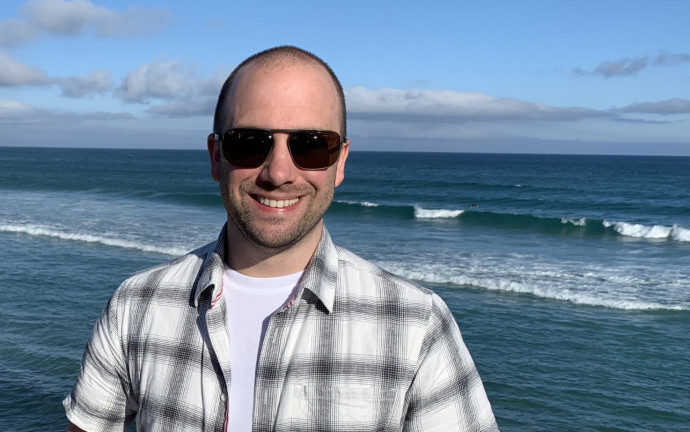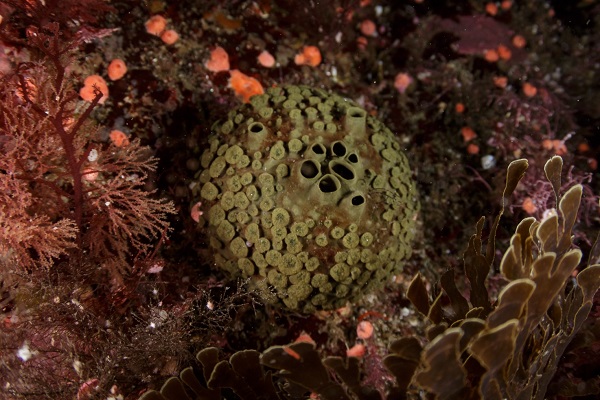Molecular time-capsules of oceans past – reconstructing Antarctica’s marine ecosystems

Dr Gert-Jan Jeunen of the University of Otago, with a team from NIWA and Liverpool John Moores University in the UK, will reconstruct marine ecosystems of Antarctica’s Ross Sea using environmental DNA from marine invertebrate collections.
Published on 3 Whiringa-ā-rangi November 2021
Marine environments have been exploited throughout human history, leading to habitat degradation and multiple species extinctions. Mitigation and restoration of degraded marine systems is crucial for both economic and ecological reasons. Looking to the past can give us insight into ways to do this. To understand the magnitude of past changes, it is vital to reconstruct what past biodiversity looked like. However, the extent and speed of ecological change in marine ecosystems has rarely been quantified because long-term ecological records are scarce, and accurate historical data difficult and expensive to obtain.
Dr Gert-Jan Jeunen and his team have an innovative way to address this. Previously, they showed that several different types of marine filter-feeding organisms accumulate environmental DNA (eDNA) from the sea, which can be used to reconstruct the biodiversity of marine environments. Filter feeders are a group of marine animals, including some fish, ascidians, bivalves, crustaceans and sponges, which feed by straining food particles from water. Vast numbers of these filter feeders have been gathered over centuries and are stored in scientific collections. These archived “time-capsules” provide a unique opportunity to reconstruct past marine ecosystems. Dr Jeunen has been awarded a Marsden Fund Fast-Start grant to reconstruct the biodiversity of Ross Sea in Antarctica, the second largest marine protected area in the world, using a vast marine sponge collection held by NIWA.

Sponge from Doubtful Sound. Image: supplied
By linking historical information with contemporary eDNA surveys at matching sites in the Ross Sea, Dr Jeunen and his team will investigate how regional biodiversity has altered over 70 years due to extraordinary anthropogenic events and climate changes. This novel resource has the potential to provide new insights into how humans have shaped and altered marine ecosystems globally and enhance our efforts to manage and restore our natural environment.
